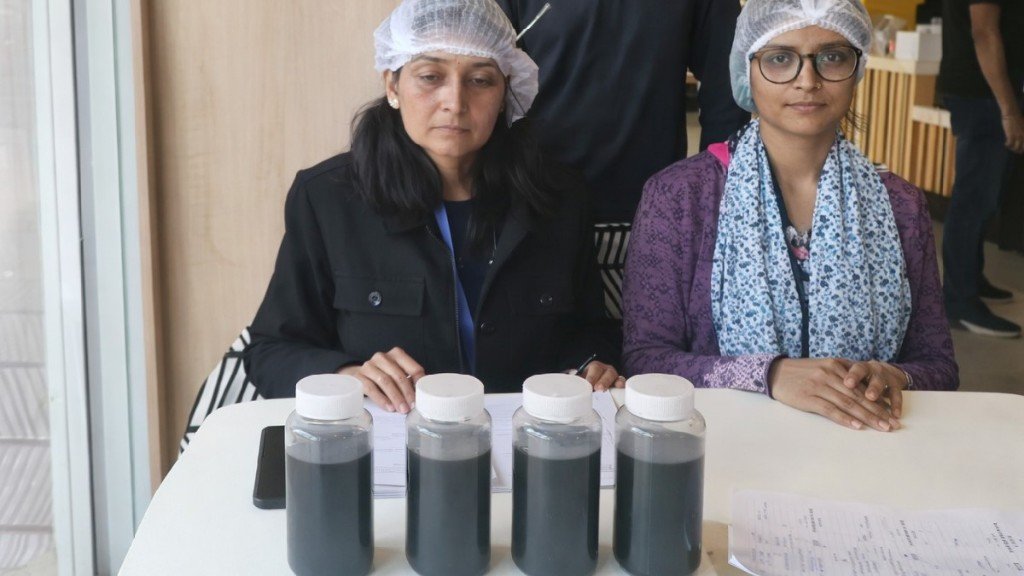Every year, on April 7, the world comes together to observe World Health Day, and this year, the focus is on a critical issue - maternal and newborn health. The 2025 campaign, titled "Healthy Beginnings, Hopeful Futures", marks a year-long global effort to improve outcomes for mothers and their babies. The World Health Organization (WHO) has called on governments and healthcare providers to prioritise not only safe deliveries but also the long-term well-being of women and their children.
Also Read: Pregnancy Diet In Summer: Dos And Don'ts, Expert Tips By Dr. Meenakshi Ahuja
As WHO rightly states, "Women and families everywhere need high-quality care that supports them physically and emotionally, before, during and after birth." Nutrition plays a vital role in ensuring that care, starting with pregnancy and continuing into the postpartum period.
To shed light on this, Dr. Mohita Goyal, an Obstetrics and Gynaecology specialist, shares essential dietary dos and don'ts that every expecting mother should follow:
World Health Day 2025: Key Dietary Guidelines During Pregnancy:
- Eat Small, Frequent Meals: Instead of large meals, go for smaller portions packed with nutrients to ensure steady energy levels and better digestion.
- Fibre Is Your Friend: A fibre-rich diet including whole cereals, legumes, fruits, and vegetables can help prevent constipation, a common pregnancy concern.
- Boost Protein and Calcium Intake: Include dairy products, legumes, eggs, and sweet potatoes to support the baby's growth and maintain bone strength.
- Hydration Is Key: Drink plenty of water throughout the day to flush out toxins and reduce the risk of urinary tract infections.
- Avoid Junk: Steer clear of oily, sugary, and salty foods. Excessive processed foods can lead to unnecessary weight gain and complications.
- Say No to Alcohol and Caffeine Overload: Limit caffeine and avoid alcohol entirely. Healthy alternatives include coconut water and buttermilk (chaach).
- Avoid Certain Foods: Raw sprouts, undercooked meat, high-mercury fish, and unpasteurised dairy products can pose health risks during pregnancy.
- Listen to Your Body: If any food causes discomfort or allergic reactions, consult your gynaecologist. Always speak to a certified expert before making major dietary changes.
Also Read: Busting Diet Myths About What To Eat Or Avoid During Pregnancy
But the journey doesn't end at childbirth. Postnatal nutrition is just as important. Dietitian Tauqeer Zehra shares crucial dietary tips for new mothers to regain strength and support lactation:
World Health Day 2025: Essential Foods for New Moms:
- Protein-Rich Foods: Lean meats, eggs, and fish are important for energy, tissue repair, and breast milk production.
- Green Vegetables: Spinach and broccoli are loaded with vitamin A, iron, calcium, and antioxidants that benefit both mother and baby.
- Iron-Boosting Options: Blood loss during childbirth can leave mothers feeling drained. Include tofu, chicken, and eggs to replenish iron and reduce fatigue.
- Dairy for Calcium: Milk, cheese, and yogurt help maintain bone strength and provide vital nutrients for breastfeeding mothers.
- Citrus for Vitamin C: Lemons and oranges boost immunity, support tissue healing, and improve iron absorption.
- Stay Hydrated: Aim for 8-10 glasses of water daily to prevent dehydration and postnatal headaches.
This World Health Day, let's commit to nurturing maternal health through informed, expert-backed nutrition and holistic care - ensuring healthy beginnings and hopeful futures for all.
About Neha GroverLove for reading roused her writing instincts. Neha is guilty of having a deep-set fixation with anything caffeinated. When she is not pouring out her nest of thoughts onto the screen, you can see her reading while sipping on coffee.








